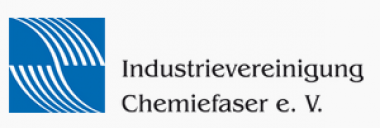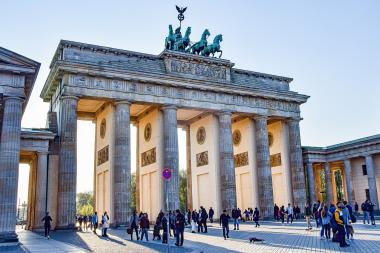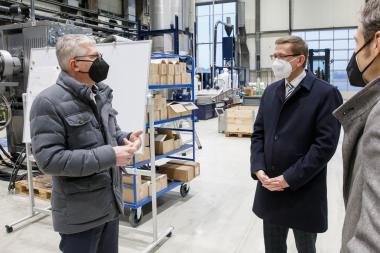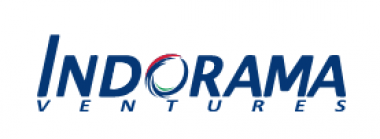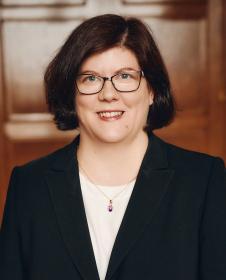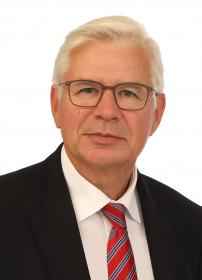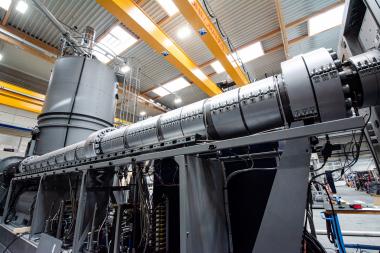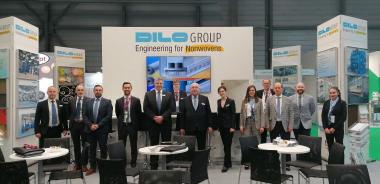IVC entry in the lobby register
Since 11 February 2022, the Industrievereinigung Chemiefaser e. V. (IVC) has been listed in the German Lobby Register under registration number R000411. German Parliament decided in March 2021 to introduce the register.
Following various cases of suspected corruption and the rather poor marks by Transparency International for the German federal states in a lobby ranking, calls for greater transparency had grown louder. The Lobby Register Act came into force on 1 January 2022 after it had been agreed by the political parties of CDU/CSU and SPD in long negotiations. Now the act obliges professional lobbyists to make an entry in the publicly accessible register, providing details about their clients and financial expenditure.
Since the IVC has already been registered in the European Transparency Register for several years on a voluntary basis, the Frankfurt-based industry association of major man-made fibre manufacturers in Germany, Austria and Switzerland is in favour of all initiatives that lead to more transparency in lobbying.
According to IVC's 1st Chairman Klaus Holz (managing director of Trevira GmbH), the IVC sees the existing act as a first step towards strengthening the acceptance of organisations which seek and maintain political contacts. Holz deplores that many gaps and exemptions remain at the time being. He emphasizes: "It is up to the German legislator to bring about equal treatment of every stakeholder in the political arena in Berlin as quickly as possible, so that all those involved can meet on an equal footing."
Dr. Wilhelm Rauch, managing director of the IVC, adds: "We are also active on behalf of our industry throughout Europe for all issues relating to environmental protection and REACH. Therefore, it is essential for our work to know which organisations and persons we encounter in these efforts."
IVC


